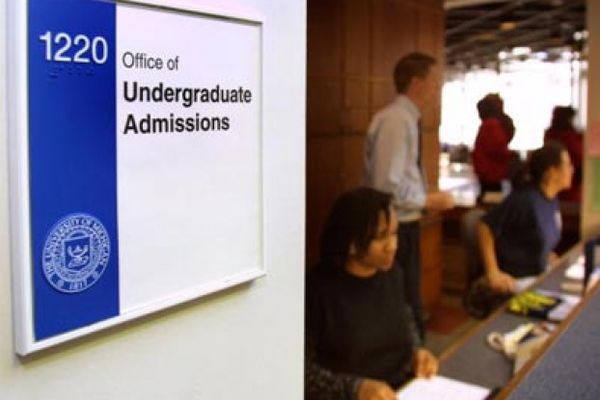Being a high school senior can be a bit of a mixed bag. On the one hand, it's a great feeling to be one of the oldest, most experienced students on campus with graduation just around the corner. At the same time, however, there are a lot of unknowns. Are you going to go to college? If so, where? What are you going to major in? What are you going to do for the rest of your life? With all these big decisions, it's easy to feel overwhelmed — you're only 18 years old for crying out loud!
But what if we told you there was a way to take a year off and return to college with more direction, maturity and a broader worldview? That's the promise of the gap year, a break in formal education intended to promote personal growth through volunteering, working, traveling, studying, experiencing new cultures or enjoying some creative combination of those things. You may have also heard it referred to as a foundation year, bridge year or postgraduate year, but those terms pretty much all refer to the same thing.
Advertisement
The gap year is a British invention that emerged during the 1960s when organizations like Project Trust began to offer pre- and post-higher education students the opportunity to enroll in a year-long volunteer program [source: Rowe].
Over the decades the concept has taken hold across Europe and in Australia, though it has been somewhat slow to make it big in the United States. Gap years are very popular in Britain, where 11 percent of students deferred college admission to take one in 2010, compared to just 1.2 percent who did so in the United States in 2011 (these figures don't include the many students, particularly in Britain, who wait until they get back from their gap year before applying to college) [sources: Strauss, Crawford and Cribb].
Why the difference? Maybe it's because American students have more opportunities for extracurricular activities and therefore don't feel they need the gap experience. Or perhaps it's simply because Americans don't travel as much. The biggest reason, though, might be the belief ingrained in many Americans that you have to start a career as soon as possible; there's just not time for a year off, a fear compounded by the concern that you won't want to head to college after the gap year [source: Moy]. Still, more American students are taking a year off than ever before, and this trend is likely to accelerate with high-profile "gappers" like former U.S. President Barack Obama's daughter, Malia, who took a break before attending Harvard University.
Advertisement







